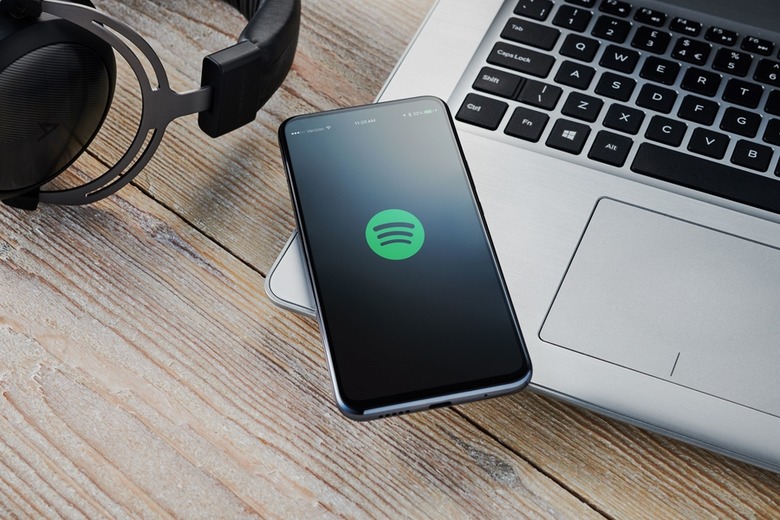Spotify's Claim That Apple Is Thwarting Competition Draws Attention From Congress
Spotify executives over the past few months hasn't been shy about leveling antitrust allegations at Apple, both in court and in interviews. Most notably, Spotify earlier in the year filed an antitrust complaint against Apple in the EU over the way Apple runs its App Store.
Specifically, Spotify maintains that the rules Apple enacted around the App Store "purposefully limit choice and stifle innovation at the expense of the user experience." In a blog post on the matter, Spotify CEO Daniel Ek this past March took issue with the 30% "app tax" Apple levies on developers because it puts Apple's own music service at a distinct advantage.
"Apple requires that Spotify and other digital services pay a 30% tax on purchases made through Apple's payment system, including upgrading from our Free to our Premium service," Ek noted. "If we pay this tax, it would force us to artificially inflate the price of our Premium membership well above the price of Apple Music."
A few months later, U.S. government officials are now interested in taking a closer look at Spotify's allegations. According to a report from Reuters, U.S. lawmakers recently reached out to Spotify with "broad requests for information" regarding Apple's alleged misconduct.
Hardly a surprise, antitrust seems to be a hot topic these days as any number of tech companies now find themselves targeted for alleged anti-competitive behavior. Recall, Congress just last month sent a letter to Tim Cook asking to see a plethora of internal documents as it looks into a range of potentially anti-competitive behavior.
Apple, of course, isn't alone. Notably, U.S. lawmakers are also intent on exploring potential wrongdoing from the likes of Facebook, Google, and Amazon.
For what it's worth, Apple responded to Spotify's claims with a lengthy blog post this past March:
After using the App Store for years to dramatically grow their business, Spotify seeks to keep all the benefits of the App Store ecosystem — including the substantial revenue that they draw from the App Store's customers — without making any contributions to that marketplace. At the same time, they distribute the music you love while making ever-smaller contributions to the artists, musicians and songwriters who create it — even going so far as to take these creators to court.
Spotify has every right to determine their own business model, but we feel an obligation to respond when Spotify wraps its financial motivations in misleading rhetoric about who we are, what we've built and what we do to support independent developers, musicians, songwriters and creators of all stripes.
The full post can be viewed over here.
